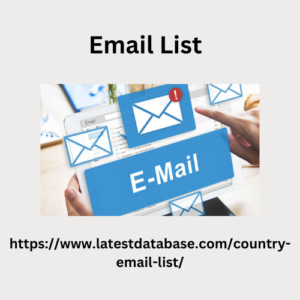Busting the Myth: 888 Isn’t an Area Code, It’s Your Toll-Free Ticket to Convenience
Many of us have seen the 888 prefix countless times on flyers, billboards, or commercials. It precedes phone numbers, often associated with customer service or sales inquiries. Busting the Myth: 888 Isn’t an Area Code, It’s Your Toll-Free Ticket to Convenience. But is 888 actually an area code, indicating a specific location? The answer might surprise you!
888: The Toll-Free Champion
Unlike traditional area codes that pinpoint a geographical location (like 212 for New York City), 888 signifies a toll-free number. This means the cost of the call falls on the business that owns the number, not the person calling. When you dial an 888 number, the call is routed to a designated location, typically a call center or the company’s headquarters.
Benefits of 888 Toll-Free Numbers for Businesses
Businesses across North America have embraced 888 numbers for several reasons:
-
Enhanced Customer Experience: By removing the financial barrier of long-distance charges, businesses encourage customer contact. This translates to better service, increased lead generation, and potentially higher sales.
-
Nationwide Accessibility: An 888 number transcends geographical limitations. It allows customers across the United States and Canada to connect effortlessly, regardless of their location. This is particularly beneficial for businesses with a national presence or those aiming to expand their reach.
-
Professional Image: A toll-free number projects a professional and established image. It conveys that the company prioritizes customer service and is readily available to address inquiries.
-
Memorable Options: Many 888 numbers can be customized for memorability. Businesses can use letters corresponding to numbers on a phone keypad (e.g., 1-888-FLOWERS) to create a unique and easily remembered sequence.
Considerations for Businesses Using 888 Numbers
While 888 numbers offer numerous advantages, there are factors to keep in mind:
-
Costs for Businesses: Businesses incur fees for setting up and maintaining a toll-free number. These costs vary depending on the service provider and chosen plan.
-
Potential for Spam Calls: Like any publicly Liberia Email List available number, there’s a risk of receiving spam calls. Businesses need to have call management systems in place to mitigate this.
-
Not a Replacement for Local Presence: A toll-free number shouldn’t replace a local number for customers in the business’s immediate area. Maintaining a local presence allows for a more personal connection with the local community.
So, What About Other Toll-Free Prefixes?
The North American Numbering Plan (NANP) assigns several prefixes for toll-free service, including 800, 855, and 877. While all serve the same core function, there are subtle differences:
-
Availability: 800 numbers were introduced first and may have limited availability compared to newer prefixes like 888.
-
Brand Recognition: 800 numbers are often perceived as the most traditional toll-free option, leading to potentially higher brand recognition.
-
Marketing Strategies: Businesses may choose a specific prefix based on marketing campaigns or simply preference.
Finding the Perfect Toll-Free Number
Numerous providers offer toll-free number solutions. Here are some tips for choosing the right number for your business:
-
Prioritize Memorability: Opt for a number that’s easy to remember and aligns with your brand.
-
Check Availability: Ensure the chosen Unlocking the World with +34: A Guide to Spain’s Country Code number isn’t already in use by another business in your industry.
-
Compare Service Providers: Research different providers to find one that offers competitive rates and features that meet your needs.
The Takeaway: A Boon for Both Businesses and Callers
888 numbers revolutionized communication by removing the cost barrier for callers seeking to connect with businesses. Businesses benefit from increased customer engagement and a professional image. Callers enjoy the convenience of toll-free communication. So, the next time you see an 888 number, remember, it’s not an area code, but a gateway to a more accessible and efficient communication experience.


